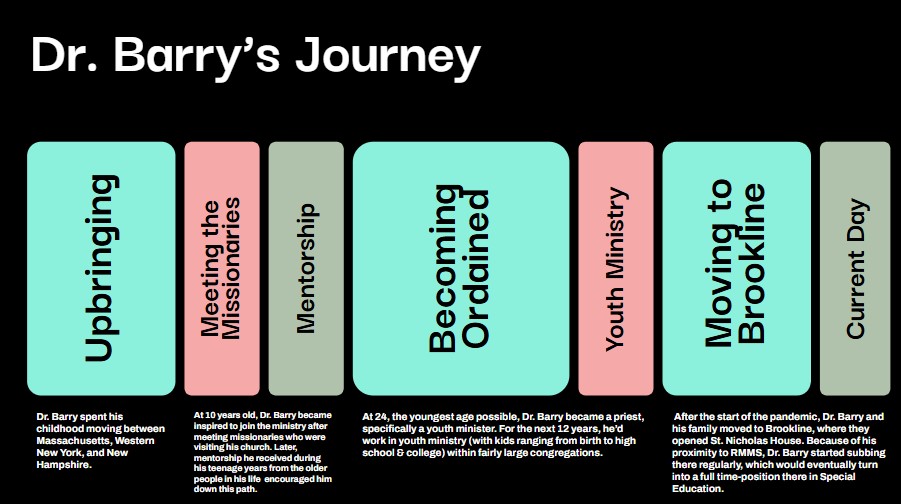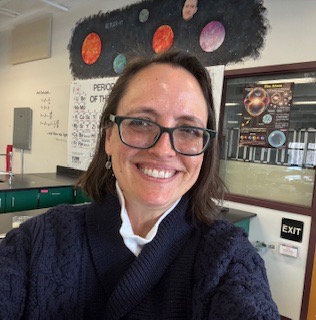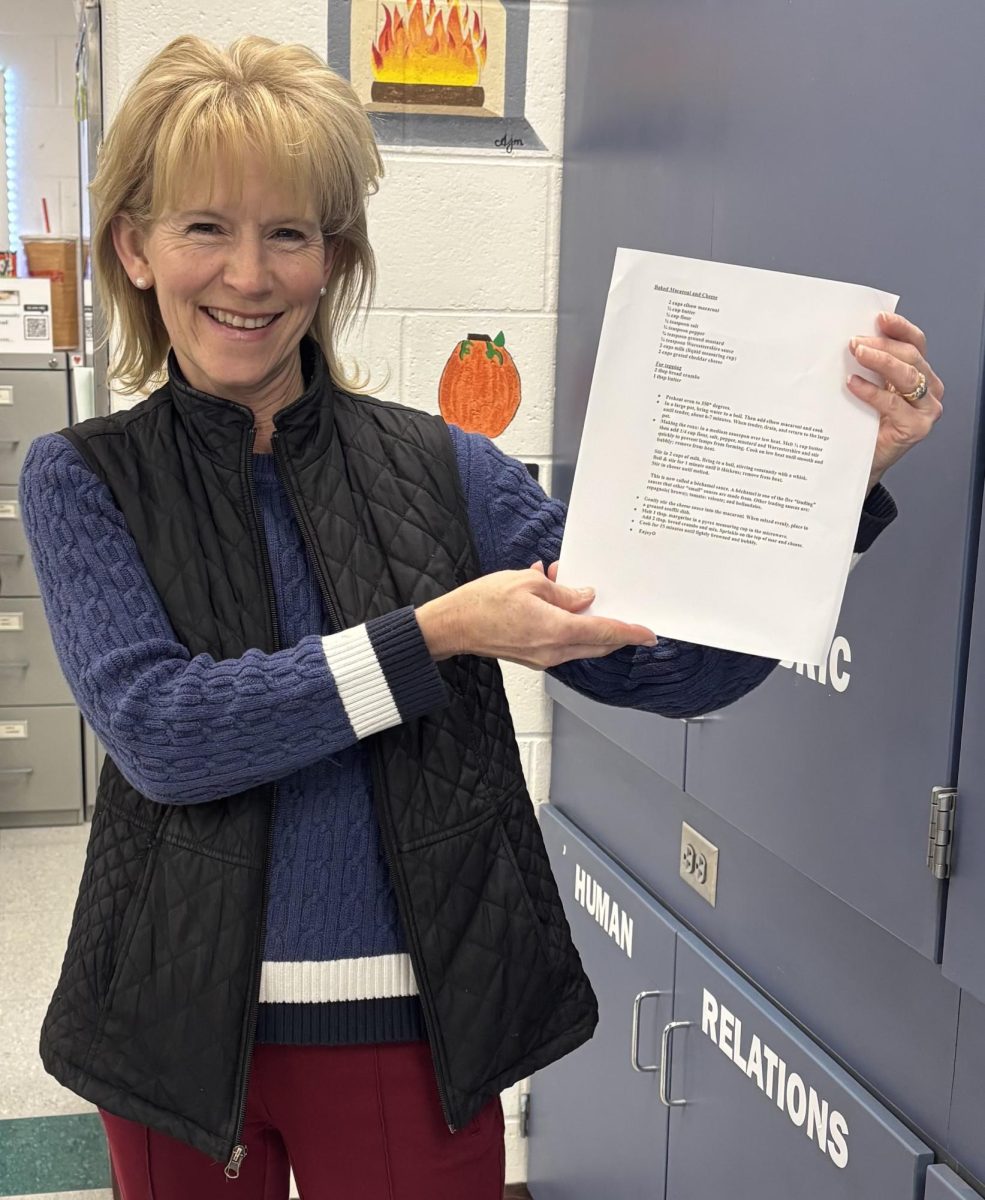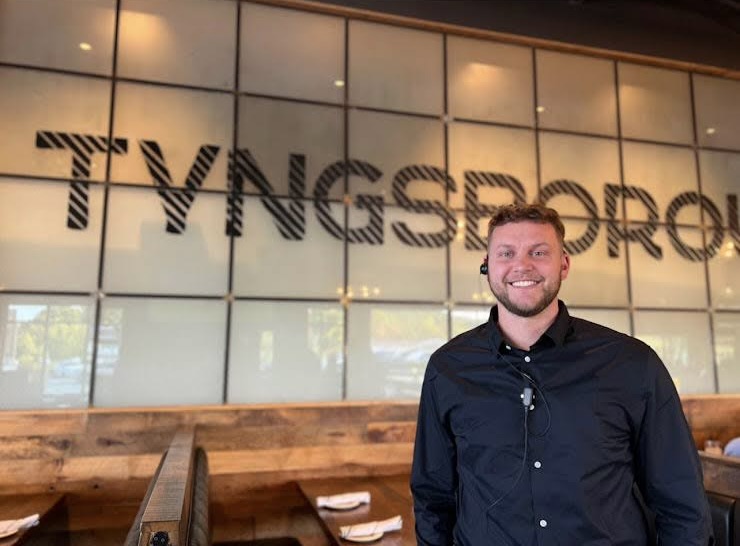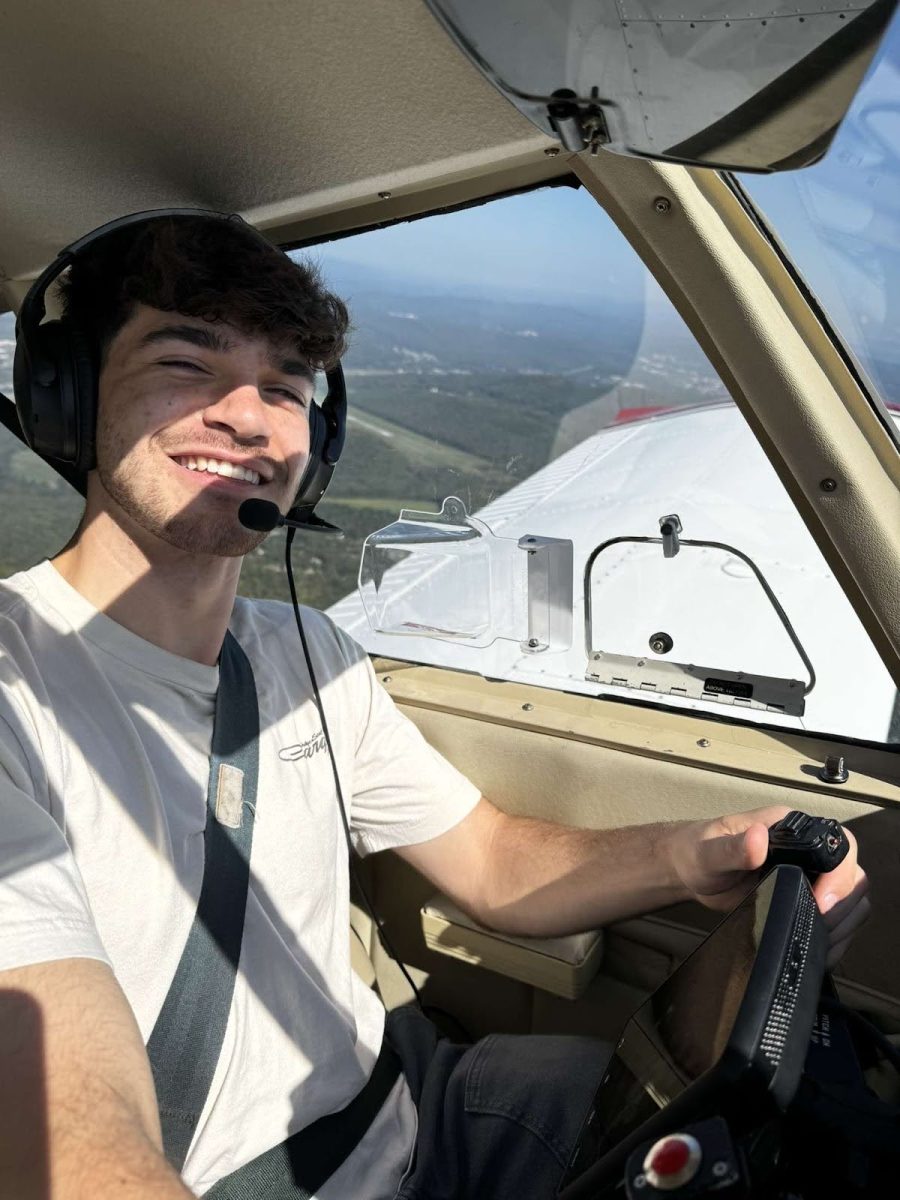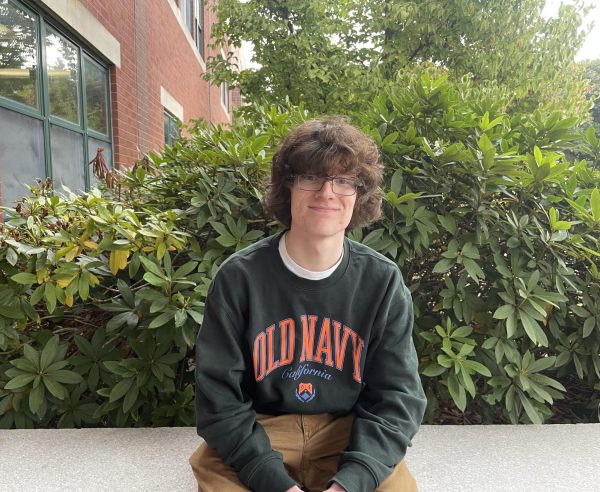![Dr. Barry teaches his son Benin karate as part of a class he provides for school-aged children across Brookline. “I happen to have [karate classes] thrown into the mix of what I do here, because it’s something that I have to offer,” he says. “I enjoy it, I can do it, and I can offer it freely.” (Courtesy Brian Barry)](https://cavchronline.com/wp-content/uploads/2025/04/Man-of-Many-Talents-Brian-Barrys-Service-to-Brookline.jpg)
Serving your community can seem daunting: it isn’t always obvious what you should do to help out your community, or what you even have to contribute to your community in the first place. But for Dr. Brian Barry, who heads St. Nicholas House in Brookline, service is something that couldn’t come more naturally. Whether he’s breaking bread with his parishioners in his home, teaching kids karate in his barn for free or being a paraeducator in Special Education at Richard Maghakian Memorial School (RMMS) in Brookline, Dr. Barry can always be found trying to help his neighbors.
Currently, Dr. Barry serves his community in three main ways, one of the more time-consuming being his work at RMMS. “I work as a paraeducator in Special Education at RMMS,” he said. “It started when [my family and I] moved here. I was new in town, and I really wanted to say, ‘Hey, I’d like a job. I’d like to find some way to actually fold in and become part of this community I’m living in now.’ So, I just walked over and [started] subbing at the school, and eventually, it turned into an ongoing position in Special Education.”
According to Dr. Barry, the work he had already done as a youth minister helped him with what he was doing at RMMS.
Outside of that, Dr. Barry also leads church services, open to everyone, from his home at St. Nicholas House. When it comes to structure, St. Nicholas House is pretty loose, which Dr. Barry thinks contributes to the friendly atmosphere he tries to create. “St. Nicholas House is funny because it’s…well, [people] call it my ‘parish,’ [but] it’s not exactly organized quite like a parish at this point in time,” he explained.
“We moved here… four and a half years ago? And we said, ‘There isn’t [an Anglican] parish of sorts in this area. What would we do if we came in and wanted to start something from scratch?’” Barry added. “And so, I said, ‘Let’s think of it more like we’re trying to start a house of hospitality and prayer, and [have] those two things just kind of being part of our lives. How can we come and live this way of life that we have in mind and be a blessing to the community?’ So, it’s kind of slowly grown so that, I think, there are more and more people [that are] connected to us in different ways.”
As part of St. Nicholas House, Dr. Barry—a fifth-degree black belt—also runs St. Nicholas House Karate Club, where he teaches neighborhood kids karate for free.
Dr. Barry’s drive to serve others, particularly through his priesthood, started when he was very young. “I was probably about ten years old,” he said, “and we had this thing we’d do at our church every year where there were missionaries who would come in and visit, and they were just kind of sharing [stories] about what they did. And I remember listening to one of these people share about their work, and thinking, ‘I don’t know whether [I’d do this] here or there, but the idea of just spending my life somehow helping to share the good news of the Gospel – whether that was as a missionary in some other place or as a pastor more locally, it wasn’t clear – [I want to do that].’”
His community encouraged Dr. Barry’s passage down this path after a missionary he talked to about wanting to work in the ministry “outed” him to his other churchgoers, a story that Dr. Barry recalled fondly.
The encouragement Dr. Barry received from his community as a result of being “outed” continued to fuel his desire to join the ministry, so much so that he was ordained a priest at just 24 years old. According to him, he was “about as young as allowed.” From then on, Dr. Barry continued to work as a priest for the next dozen years, specializing in youth ministry, which gave him the necessary skill set to later work in Special Education after moving to Brookline.
When asked why working with children appealed to him, Dr. Barry answered that it didn’t always, but that it was still worth it to him. “I think one of the [reasons],” he says, “is that there’s this certain humility built into childhood. I think we always like to think that, ‘Well, if I’m in a relationship as an adult with any other person, I have something to offer and to bring to the table.’ Kids don’t necessarily think in that way. [They] have a more natural posture of gratitude, and [adults] move away from that when we get older. We think, in more ways, like ‘I worked hard for what I got, I earned it,’ and often we didn’t.”
The humility and built-in gratitude that Dr. Barry observes in the children that he works with motivates him to continue doing what he does, and he also thinks it’s something we can all learn from when trying to serve others. But being grateful and humble aren’t the only pieces of advice Dr. Barry can give to those who want to start helping out their community. Firstly, according to Dr. Barry, you should think about what it is you can actually do to help. “I think you just want to ask,” he says, “what do I actually have to offer? What specifically? We have different things that we can bring to the table.” But if you’re not sure what you can offer, it’s not the end of the world.
As the school year progresses and Dr. Barry’s work at RMMS continues, so too will his other service projects. If you’re looking for ways to serve your community, you can definitely use Dr. Barry’s work as a source of inspiration — he’s constantly involved, and he’s doing pretty unique things within his community.



